So I’m really interested right now in how the brain operates as a prediction machine. Basically, one of our core brain functions seems to be guessing what is going to happen next.
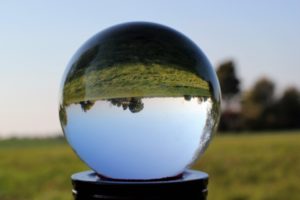
I think this has some really fascinating implications for behavior change. Humans are (in many ways) bad at risk prediction. More people seem to be afraid of flying than driving, despite data that shows the riskiest part of any flight is the drive to the airport. We are often more afraid of things that are scary than things that are likely — sedentary behavior is far more likely than bungee jumping to injure us, but we probably wouldn’t rate sitting on the couch as more risky than jumping off a bridge attaching to a giant rubber band.
Classic behaviors that are difficult to change include things like diet, exercise, smoking, texting while driving. In workplace contexts, I might look at safety procedures or sanitary food handling. All of these activities involve some assessment of the risk involved and some prediction of outcomes, either consciously or unconsciously.
Here are some interesting things I’ve been looking at regarding this:
How your brain hallucinates your conscious reality by Anil Seth:
How our brains use embodied simulation to construct meaning:
http://www.npr.org/sections/health-shots/2013/05/02/180036711/imagine-a-flying-pig-how-words-take-shape-in-the-brain (from Benjamin Bergen’s book Louder Than Words)
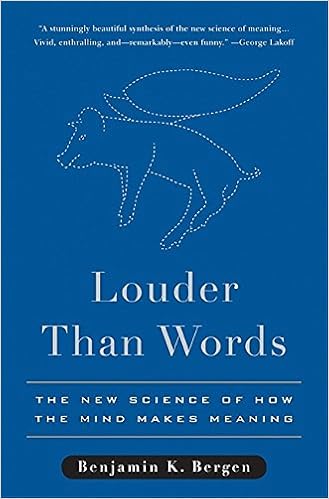
How even the structure of our vision is structured around predicting the immediate future from Mark Changizi:
This is another explanation of how vision is a constructed function (the rest of his talk covers similar ground to the Anil Seth talk):
Here’s a closer look at the image he is describing:
Here’s a good talk on Risk Literacy from Gerd Gigerenzer:
Emily Pronin et al found that people make different choices for their future selves, and that the decisions they make for their future selves are more like the decisions they might make for other people — we essentially have a “do as I say, not as I do” relationship with our future selves:
http://journals.sagepub.com/doi/abs/10.1177/0146167207310023
Similarly, seeing pictures of your aged self can impact your retirement planning:
http://newsroom.ucla.edu/stories/the-stranger-within-connecting-with-our-future-selves
While some of this is not immediately translatable into practical applications for learning and development, it does seem that construction of reality and future prediction is an important part of meaning-making and decision-making, which in turn impacts choices and behaviors.

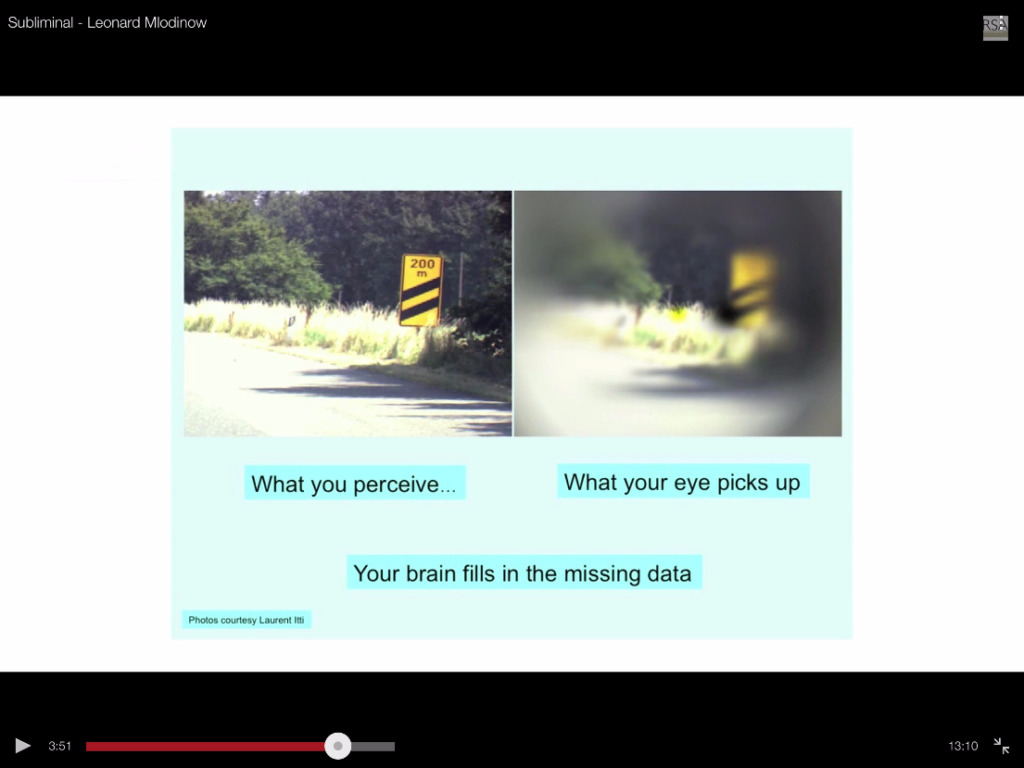
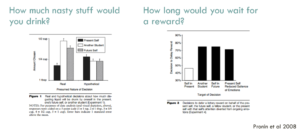
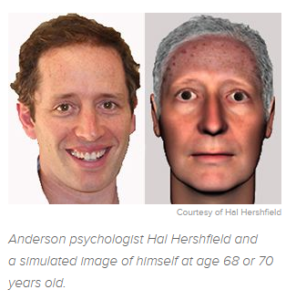
2 thoughts on “Brain as Prediction Machine”